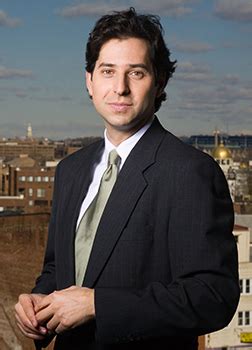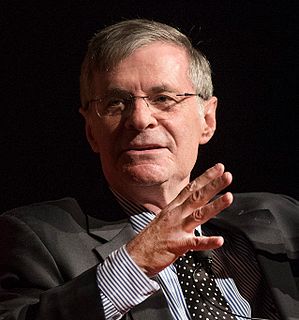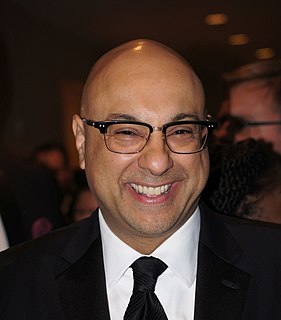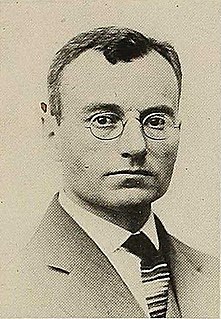A Quote by James Heckman
I think race is very important. I think generally speaking, we've to face the general problem, which is that we are seeing more children coming out of families which simply don't give them adequate resources for their development.
Related Quotes
I don't think that our problem, our jobs problem, is fundamentally a problem of trade. I think it has much more to do with the fact that we have not sufficiently educated our population. We have not got out of this great recession with adequate stimulus and adequate fiscal and monetary policies over all.
I think that feminism permits women to speak among themselves, instead of simply being resentful, having personal complaints, which get them nowhere and which make them sick and ill-tempered, depressive and poison the lives of their husbands and children. It's much better to arrive at a collective consciousness of this problem, which is both a kind of therapy and the basis for a struggle.
I think it's extremely valuable for us to be able to have a conversation in more than one dialect, speaking to more than one demographic here, finding our common ground, and having a very frank discussion about race, for one thing, which is where he is most hard-hitting, race, and the issues of human rights.
You look at Kerry Washington on 'Scandal,' and a lot of the women on that show in general are very strong, and I think we're seeing it more, and I'm excited because when I was doing Dana Gordon on 'Entourage,' there weren't a lot of strong female characters, which is why I think she came out as such a standout character.
Before seeing Truffaut 's Small Change, I was afraid it was going to be one of those simple, natural films about childhood which I generally try to avoid I'm just not good enough to go to them. But this series of sketches on the general theme of the resilience of children turns out to be that rarity a poetic comedy that's really funny.
I think it's very important to be able to hear from our public leaders in ways that they can't entirely orchestrate, seeing them speak live and unscripted and take questions that they themselves haven't arranged ahead of time. I think this is a way in which citizens who are deciding what they think of their leaders who govern in their name, this is one of the ways in which they can evaluate how they feel about the quality of the leadership.
As you get drawn more and more into other activities, like political activities, very demanding, you have to find different rhythms of writing; I think that's the word I'm looking for, rhythms of creativity which then, of course, become very intense. I think your writing then tends to be very intensified simply because there are other demands which seem equally important.
So, obviously, autism - which is the key in this - is a very big problem. We need more studies about it. We certainly have to try to figure out what causes it and why and do something about it. But to tab it to vaccines, I think, is a real mistake. Not only is there no evidence, but what it leads to is larger numbers of unvaccinated children. And that's not only a problem for polio. It's a problem for a wide range of vaccine-preventable diseases.
I think we - "we," meaning the media - have generally caused Americans to consume news in smaller, less contextualized bites. I think we have sugar-coated the news. I think we have provided news that is consumable, at the expense of news that is more important. I think we have created a world in which extreme views push out moderate views.
I think there are a lot of Republicans who recognize that investment in adolescent girls and empowering them is good for our foreign policy. When they're educated, they tend to give back more to their communities, to rise out of poverty in a way that is good for their families and their communities and ultimately, their countries. I think that we need to keep laying down these markers, and pointing out what's important to our national security and what's important around the world.




































